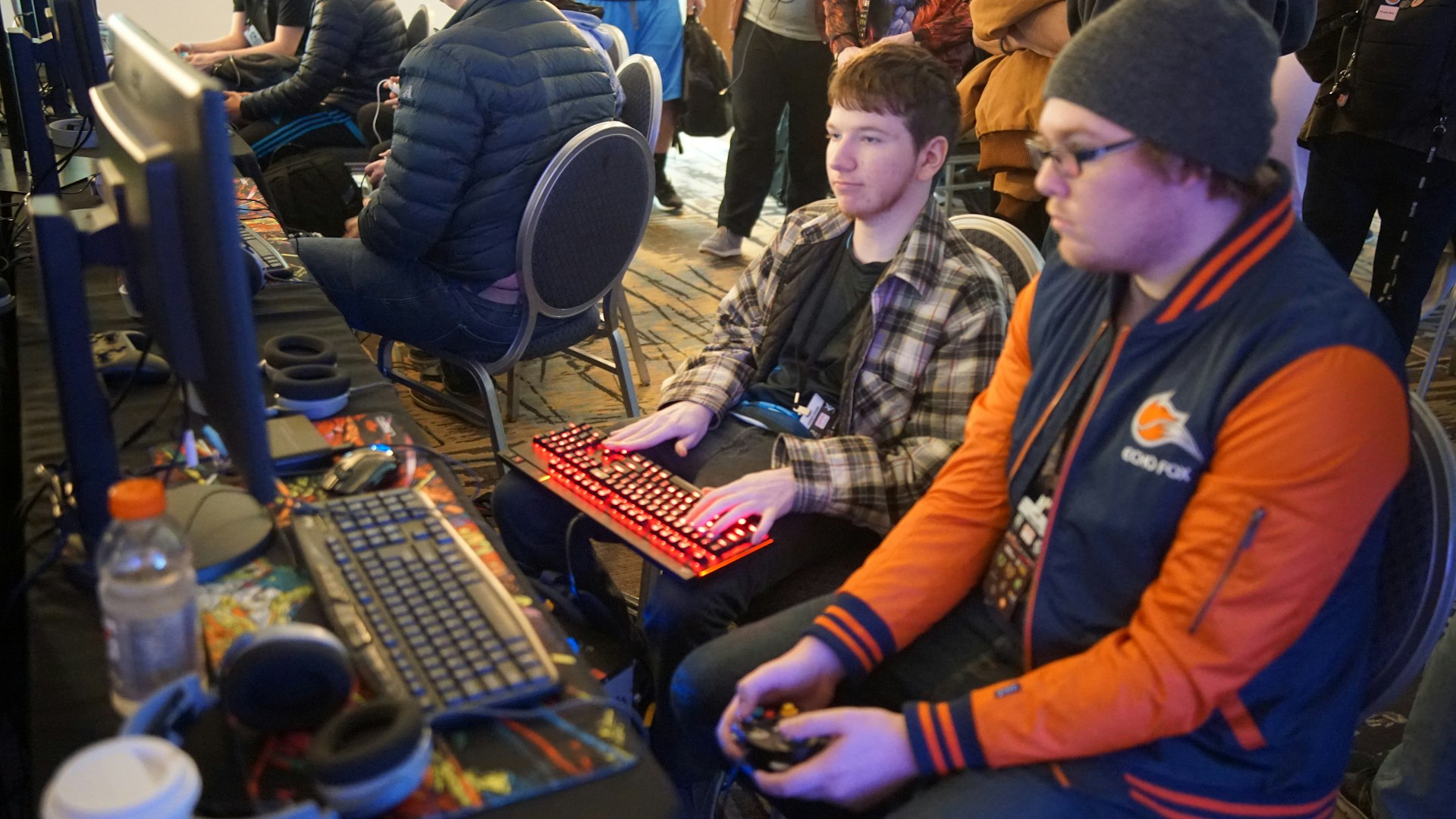Loot Box Regulations: How Legal Changes Are Reshaping the Gaming Industry

Photo by Igor Karimov 🇺🇦 on Unsplash
Introduction: The Rise and Regulation of Loot Boxes
Loot boxes have become a central feature in modern video games, offering players randomized rewards in exchange for real or in-game currency. Their popularity has made them a significant revenue stream for publishers, but also the subject of intense debate due to concerns over gambling-like mechanics and the potential exploitation of vulnerable players, including minors. As a result, numerous countries and jurisdictions have moved to regulate or restrict loot boxes, leading to wide-ranging impacts on the gaming industry, player experience, and legal compliance expectations.
Understanding Loot Box Regulations: Global Overview
Regulatory responses to loot boxes vary widely across countries. For example, Belgium and The Netherlands have classified paid loot boxes as a form of gambling, requiring their removal from games or risking severe fines and even criminal charges. The Belgian Gaming Commission mandates that violating companies face fines of up to EUR 800,000 and potential prison sentences, with doubled penalties if minors are involved. These countries require that game publishers either adapt their products to comply or withdraw them from sale in those markets, resulting in some developers opting out of releasing their games entirely in these regions [1] [2] .
China has implemented rules requiring the disclosure of loot box odds, daily purchase limits, and escalating probability for rare rewards as players buy more boxes. However, enforcement challenges persist, and some developers have reportedly found ways to circumvent or minimize the impact of these rules [2] .
By contrast, other countries, such as the United Kingdom and the United States, have largely deferred to industry self-regulation. In the UK, industry associations have encouraged voluntary disclosure of loot box odds and age ratings, but without enforceable legal mandates. In the US, federal legislation has not yet been enacted, and regulatory efforts remain fragmented at the state level [2] .
Key Impacts on the Gaming Industry
1. Game Development and Monetization Strategies
The introduction of strict loot box regulations in some countries forces developers to rethink their monetization models. In markets where loot boxes are classified as gambling, publishers may have to remove paid random reward systems entirely, replace them with direct-purchase options, or introduce more transparent, non-randomized microtransactions. For example, after regulatory changes, some companies have shifted to “cosmetic-only” loot boxes or battle passes to avoid compliance risks.
The result is a fragmented market, where the same game may offer different features depending on the country of sale. Developers must allocate resources to ensure compliance in targeted markets, which can increase development costs and complicate global release strategies. In some cases, companies have withdrawn games from regulated markets rather than undertake costly modifications [2] [1] .
2. Player Protection and Consumer Rights
One of the primary motivations for loot box regulation is consumer protection , particularly for minors and vulnerable users. Regulations may require:
- Mandatory disclosure of loot box odds
- Purchase limits (daily, weekly, or monthly)
- Age verification at point of sale
- Prohibitions on in-game purchases for minors
These measures aim to reduce the risk of problem gambling behaviors and provide players with better information to make informed decisions. In the absence of legal mandates, some industry bodies and companies have adopted voluntary codes of conduct, though these are not always consistently enforced or effective [3] [4] .
3. Market Access and Economic Implications
For game publishers, strict regulations can result in lost revenue and limited market access. For instance, Electronic Arts (EA) reportedly generated over $1.6 billion in 2021 from loot boxes in its Ultimate Team mode, a major portion of which came from the US market. If similar regulations to those in Belgium or The Netherlands were enacted in the US, such revenue streams could be severely impacted. Some companies have chosen not to release their products in markets with strict rules, prioritizing compliance and risk management over potential sales [2] [5] .
Regulatory uncertainty may also impact investment and innovation in game development. Developers may be less likely to experiment with new monetization models if there is a risk that they will later be classified as gambling and thus become illegal or unprofitable [5] .
Implementation Guidance: Navigating the Evolving Regulatory Landscape
For players, parents, and developers seeking to understand and comply with loot box regulations, the following steps may be helpful:
- Review country-specific regulations through official government gaming commissions or consumer protection agencies. Laws change frequently, so it is important to consult the most recent updates from reliable governmental sources.
- If you are a parent, consider enabling parental controls on gaming platforms and monitoring in-game purchases. Most major consoles and digital stores provide options to restrict spending or require approval for transactions by minors.
- Game developers should consult with legal professionals specializing in gaming law before launching or updating a title in new markets. Consider joining industry associations that offer compliance resources and updates on regulatory changes.
- For consumers concerned about loot box odds and potential spending, look for games that disclose odds transparently and provide spending limits. Consider using third-party review sites and consumer advocacy organizations to research game monetization practices.
- When in doubt about the legality of a game’s loot box system in your country, search for your national gaming authority (for example, the Belgian Gaming Commission or your local consumer protection agency) and review their public bulletins or advisories on loot boxes.
Ethical Considerations and Industry Self-Regulation
The ethical debate over loot boxes centers on the potential for exploitation and harm , particularly among minors and those prone to addictive behaviors. Ethical game design calls for transparency, fair odds, and clear distinction between cosmetic and gameplay-altering rewards. While some companies have implemented voluntary measures-such as publishing loot box odds or limiting purchases-critics argue that self-regulation is often insufficient and inconsistently applied [3] [4] .
Public pressure and media scrutiny have also forced some companies to adjust their practices. For example, the ESRB in the United States now applies an “In-Game Purchases (Includes Random Items)” label to games with loot boxes, helping consumers make more informed choices. However, there is an ongoing debate about whether these voluntary steps are sufficient or if enforceable regulations are needed to ensure fair and ethical treatment of all players.

Photo by rc.xyz NFT gallery on Unsplash
Challenges and Alternative Approaches
Despite increased regulation, challenges remain in enforcement and consistency. Some developers have found ways to circumvent local rules, such as by offering loot boxes only for non-monetary currency or through indirect transactions. The global nature of digital platforms also complicates jurisdiction and compliance. As an alternative, some experts suggest focusing on broader consumer protection laws, such as those addressing unfair marketing to children or requiring clear disclosures for all in-game purchases [3] .
Players and parents can also take proactive steps by researching games before purchase, utilizing platform-level parental controls, and advocating for stronger consumer protections within their communities. Game developers can reduce risk by designing monetization systems that rely on fixed, non-random rewards and by providing transparent information to players.
Summary and Next Steps
The impact of loot box regulations on gaming is multifaceted, influencing industry practices, consumer protections, and the overall landscape of game development. As regulations continue to evolve, all stakeholders-players, parents, developers, and policymakers-must stay informed and adaptable. For up-to-date information, search for your national gaming authority’s latest news or consult legal professionals specializing in interactive entertainment law. Remaining proactive is essential as the debate over loot boxes and their regulation continues to shape the future of gaming.
References
- [1] DLA Piper (2024). A global guide to loot boxes in video gaming.
- [2] Florida State University College of Law (2023). The Growing Issue of Unregulated Gambling: Loot Boxes.
- [3] Consensus (2024). The Impact Of Microtransactions And Loot Boxes In Video Games.
- [4] USC Intellectual Property and Technology Law Society (2021). Loot Boxes and Potential Regulation as a Form of Gambling.
- [5] Fordham Intellectual Property, Media & Entertainment Law Journal (2024). The Future of Loot Boxes in Video Games.
MORE FROM zestpath.net













